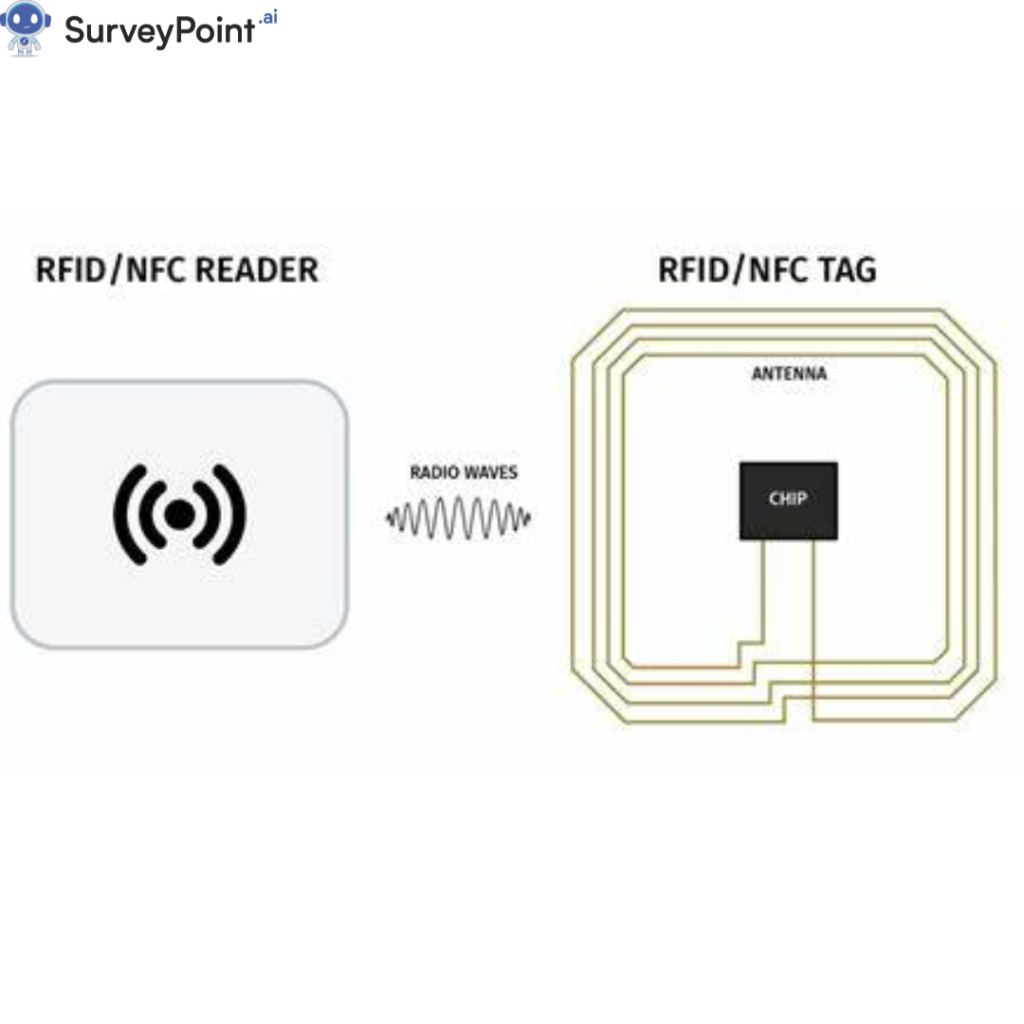
Have an upcoming review of your work? Figure out how to write a good Self-Evaluation for Career Success that shows off all the good things you’ve done.
In a survey from 2021, 63 percent of businesses said they held annual performance reviews with their staff. Even though you might think your boss will do all the talking at this meeting, you will probably have some input on the subject. A self-evaluation performance review is an excellent example because it gives you a chance to say what you think about how well you did in your job. However, it can take much work to devise an objective self-evaluation. With the help of the self-evaluation for performance review examples discussed in this post, you could write a thoughtful self-evaluation of your work performance.
What is self-evaluation?
A self-evaluation, also called a self-assessment, is often part of an employee’s performance review. You can think about your strengths and weaknesses as an employee and how you can help the company more. In this part of the evaluation, you and your boss can talk about how you can meet your bosses needs better. Employers usually ask workers to rate their performance at least once a year.
How to make a self-assessment
To do a compelling and honest self-evaluation performance review, you should think about your successes, skills, and areas where you can improve. Take your time with your annual review, and think about what you’ve done in the past. Here are some ways to figure out if you’re ready to do the job.
Achievements
Think about everything you’ve done in your career. When did you last feel outstanding about yourself? When was the last time your boss told you something nice? When you make a list of your accomplishments to talk about during your review, include things like how much money you made or how many projects you finished.
Communication skills
Open lines of communication between employees and their bosses can be used in any field to improve performance and build a culture of trust at work. Think about times when you worked on getting along with others on purpose.
When you had a problem, you might have told your boss immediately, and they might have helped you figure out a solution. You should also not ask others for advice before taking action. Make sure to include any time you could use your communication skills in your evaluation.
Creativity
With a creative staff, businesses can stay ahead of the curve and keep up with the competition. As you prepare for your evaluation, consider how your innovative ideas have helped the company succeed. Have you thought of anything new that could help your company’s output, services, or customer interactions? What do you think of things? Tell how this approach has helped your company find suitable solutions to problems. Just think back over the last year and remember when this tactic worked well for you.
Delegating
You can only be expected to solve some of your problems. So, if you know when you need help and are willing to ask for it, it shows that you are humble, ready to work with others, and can gain the trust of your peers. Think about times when you have worked with other people on your team, and they did it well. This shows that you care more about getting a job done than being entirely in charge.
Productivity
Working strategically through your tasks and meeting the goals you set for yourself are two ways to show that you are productive at work. As you write your self-evaluation, it’s a good time to think about how effective you’ve been. From there, you can figure out how to describe your plan for making the most of your workday and bringing that success to other projects.
Time management
Think about how you set goals and decide what to do first to figure out how well you use your time. Do you have a way to set priorities and divide the time that lets you meet or beat your deadlines? Can you say that you didn’t put things off? Your answers to these questions will show you how well you manage your time now and where you can improve.
Teamwork
Larger projects that require the skills of a lot of people can only be done well if everyone on the team works well together. Think about a period when you had to work closely with your team members. What did you do to make things better? Were you willing to hear what your coworkers had to say? You should test your teamwork skills to show that you can perform well with others and help the team reach its goals.
Problem-solving
Every team member must work on solving problems often, if not daily. Sometimes it’s up to you to figure out the best thing to do without asking your boss first, and then you have to do it. Think about how you solved problems at work to get an idea of how good you are at solving problems now.
How do you deal with picky clients? What can you do if you don’t have the supplies you need to finish a project? Have you ever had to work out a problem with a coworker? Work problems can come up in many different ways, but how you handle them says a lot about your ability to solve problems and adapt.
How To Comment on Self-Evaluation for Career Success Examples
Now that you know about these things, you may be wondering how to use them in your evaluation. Here are a few self-evaluation sample answers.
- Successes
I have the experience to plan, run, and keep an eye on successful social media campaigns. Over the past two months, my advertising plan has increased the number of people who visit the company’s website by 25%.
- Communication skills
I keep the lines of communication open with my coworkers and bosses by using several tools for team communication. I also make it a point to let my coworkers know how my contributions to team projects are coming along.
- Creativity
I always bring something new to the table when we talk. I come up with at least two new ideas at our meetings every morning. This way of thinking makes me more likely to develop new ideas that will still help the business grow.
- Delegating
Even though I like being independent, sometimes I need to ask a coworker for help. When I have too many things to do, I ask a friend or family member for help to get everything done.
- Productivity
I always work as quickly and well as I can. The Getting Things Done method has helped me stay on top of my work and get things done quickly and easily for the past three months.
- Time management
I have been capable of keeping up with all the projects and tasks that depend on me getting them done on time. I ensure I don’t miss any deadlines by keeping a well-organized planner and to-do list and setting alerts on my calendar.
- Teamwork
When I’m in charge of a group, I include everyone and give everyone a chance to say what they think and make suggestions. Before starting a team project, I always ensure I have everyone’s contact information and set up a way for us to talk privately.
- Problem-solving
I often use my planning skills to think about what might happen next to get a head start on a task or project. This will help me see problems coming and deal with them before they happen. With the procedures and plans I’ve put in place, I can quickly solve any problem.
Above, we discussed a few self-performance review summary examples under various categories. Lastly, let’s look at the benefits of a self-evaluation performance review.
Benefits of Self Evaluation
In the long run, you and your manager will benefit from being honest with each other about how they are doing. This kind of evaluation can be helpful in several ways, such as:
- Find ways to improve your skills as a professional
When you take the time to evaluate yourself, you can think about how you’re doing at your current job and how you can improve your chances of getting promoted. If you have a clear picture of where you are now, you can set and pursue goals to move forward more effectively, even more so if you can back up your claims with proof.
- Communicate your value
During the interview for your current job, your manager asked you questions that were directly related to the duties listed in the job posting. Now that you’ve been at the organization for a while, your self-evaluation is a great chance to talk about what you’ve done for it. Your knowledge is the best. If you take the time to do a thorough evaluation, you can show how well you do at work.
- Help you get ready for the work review
Your self-evaluation is an essential part of your performance review, but it’s not the only part. But if you know what you’ve done, what skills you’ve gained, and what problems you’ve had to solve, it might be easier to understand what your manager tells you. So, you and your boss will be better able to see what you’ve done well and work together to improve what you could be better at.
Conclusion
Self-evaluation is a great way to show that you are committed to doing your best work. This part of your performance review is where you can tell your boss what you think and feel about yourself and how you work.
Employee feedback surveys play an important role in the evaluation process. If you’re looking for a platform to get surveys designed effectively and efficiently, you must contact Survey Point.




